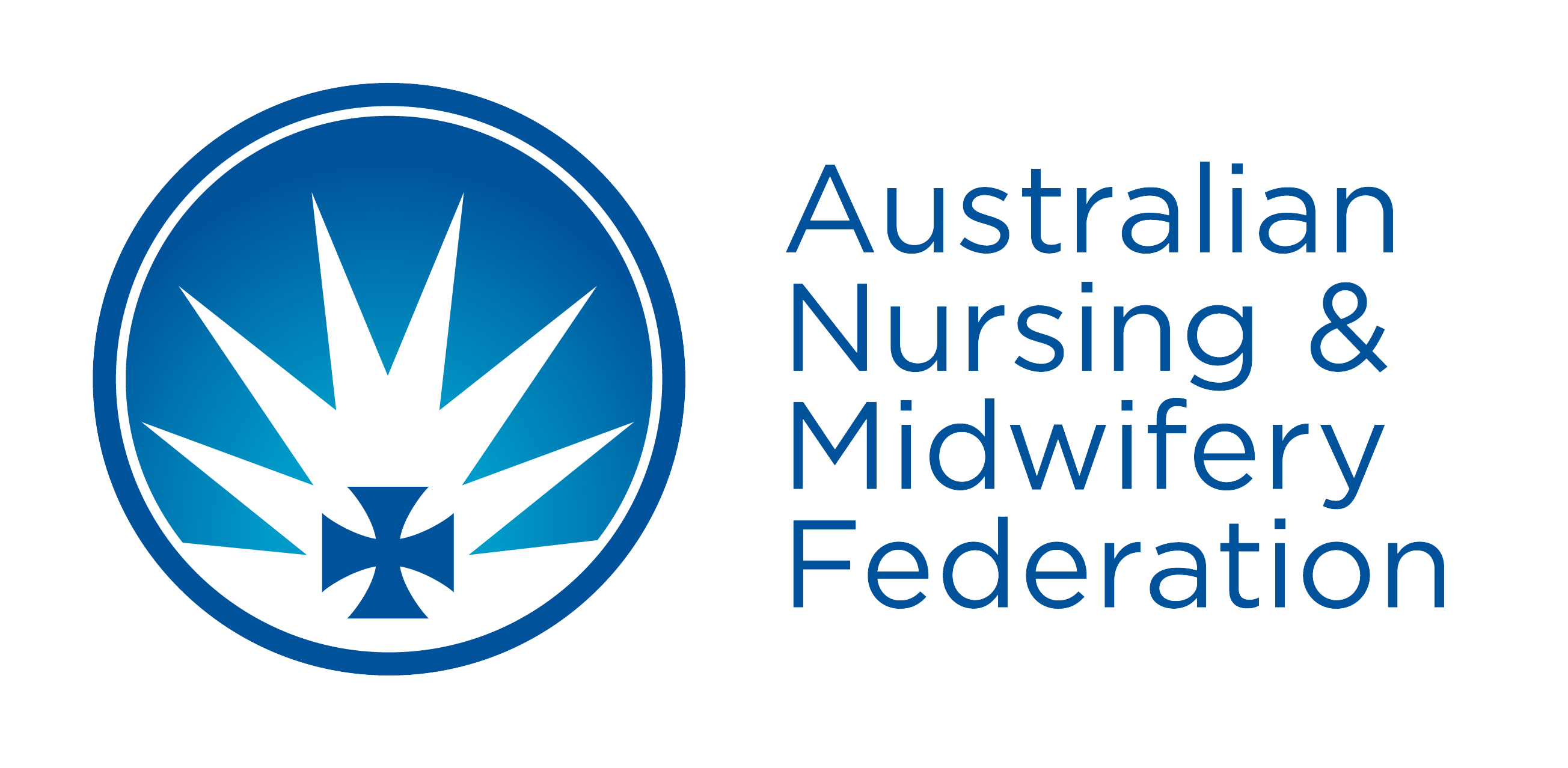News Release
Industrial
Seeking safe harbour
10 October 2025The idea of providing 'safe harbour' has its origins in the history of the abolition of slavery. As northern states in America made laws to abolish slavery, southern states have passed laws such as the Fugitive Slave Law.
This law made it illegal for escaped slaves to be given assistance, such as food, shelter and transport to Canada, even where the assistance was offered in a jurisdiction that had abolished slavery. The concept of safe harbour is also directly related to maritime law, whereby countries began to introduce laws to limit the use of transportation of slaves by ship. Today, safe harbour laws are most common in criminal and corporate law.
Safe harbour and nurses
There are two notable pieces of safe harbour legislation for nurses in the states of Texas and New Mexico. In both states, the law provides nurses with protection from being required to carry out unsafe assignments that go against ethical nursing practices, including compromising patient safety.1 The laws are intended both to protect nurses from reprisal and to support the freedom to advocate for quality care.2
It is important for the nurse to demonstrate that safe harbour is being invoked to protect patients or residents and to expose unsafe practices. Its use is guided by an ethical framework and must be engaged to prevent failures in care, rather than to avoid discomfort. This of course becomes subjective, particularly when there are no clear mandates, for things such as staff to patient or resident ratios.
The call for safe harbour laws in Australia
ANMF members have long called for safe harbour laws in Australia. The need for protection for nurses was tragically highlighted after the death of seven-year-old Aishwarya Chavittupara at Perth’s Children’s Hospital in 2021. Two junior nurses and a doctor were reported to Ahpra for failing to meet professional standards, in circumstances of chronic and severe understaffing.
The coroner’s Inquiry into the death recommended safe harbour laws be considered, noting they would ‘protect nurses from Ahpra investigation… in circumstances where known risks in the workplace have been identified and not rectified by the employer’.5
Despite the ANMF’s calls for this recommendation to be implemented in Western Australia, no legislation has been introduced. The ANMF will continue to advocate for state and federal laws to protect nurses who have the courage to stand up and say ‘this is not safe’.
References
1. What is the safe harbor rule for nurses?
2. Safe harbor law nursing: State guide & when to use – FuturesLearn.blog
Stay up to date
Sign up to the ANMF website for national updates, campaigns and educational opportunities. We promise not to inundate your mailbox!


